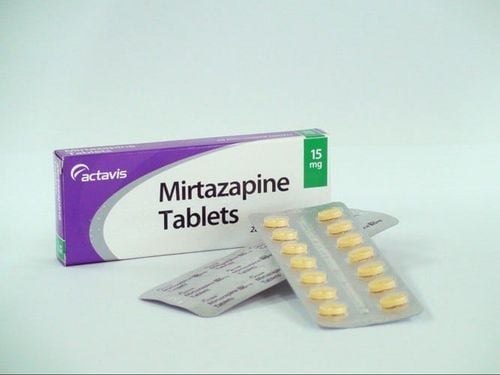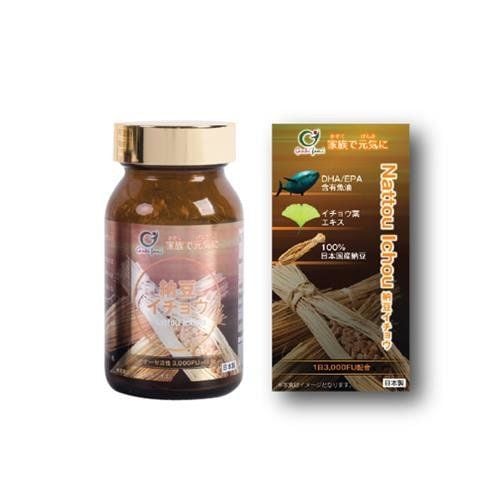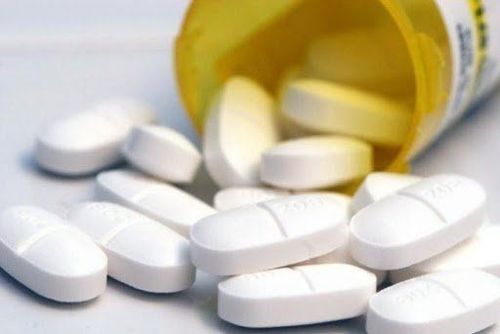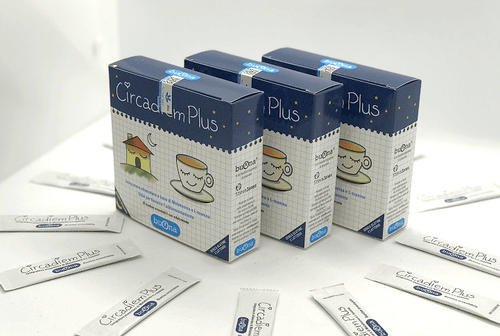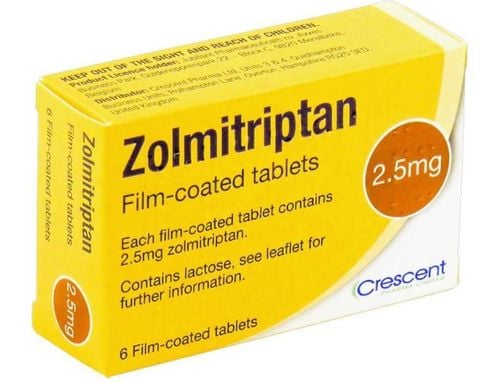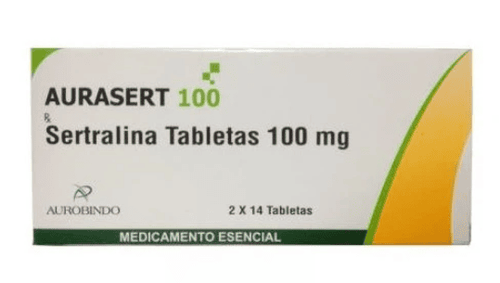This is an automatically translated article.
Vitamin B12 deficiency is found to be strongly correlated with depression. When your body does not absorb enough vitamin B12, it can affect serotonin levels in the brain and increase the risk of depression. Knowing the causes of vitamin B12 deficiency will help you to take early remedial measures, thereby effectively preventing and improving the symptoms of depression.
1. Overview of vitamin B12 deficiency
Low blood levels of vitamin B12, or vitamin B12 deficiency, can happen because of your diet or your body's difficulty absorbing the vitamin.
Vitamin B12 is commonly found naturally in animal products. Therefore, people who follow a vegan or vegetarian diet may not get enough vitamin B12 in their body. To prevent vitamin B12 deficiency, vegetarians can get more of this vitamin through some B12-containing whole grain foods.
Also, some people even though they consume enough vitamin B12, their bodies don't absorb them properly. A vitamin B12 deficiency can affect your health in a variety of ways, with some being linked to depression from a lack of this important vitamin.
2. The link between vitamin B12 deficiency and depression
Many studies show that the cause of depression may be related to a deficiency of B vitamins, including vitamin B12. Evidence indicates that a decrease in serum vitamin B12 is correlated with an increase in depression. On the other hand, when the amount of vitamin B12 in the serum is high, it can effectively support the treatment of depression. Therefore, experts recommend that people with depression get 1 milligram of B12 per day. In addition, vitamin B12 can also affect serotonin levels in your brain. Serotonin is a neurotransmitter that helps regulate your mood. Low serotonin levels can increase the risk of depression.
If you are suffering from depression, talk to your doctor to determine the cause and create a treatment plan that is right for you. Some natural remedies, such as vitamin B12 supplements, can help improve symptoms of depression.
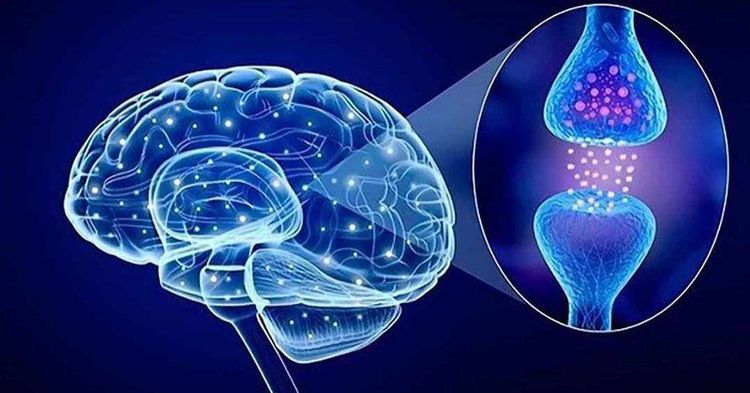
Thiếu vitamin B12 có thể ảnh hưởng tới thiếu vitamin B12 tăng nguy cơ trầm cảm
3. Do you have a vitamin B12 deficiency?
In fact, vitamin B12 is also known as an energy vitamin. This vitamin helps keep your immune system healthy and your brain working properly.
Some symptoms of vitamin B12 deficiency can be similar to those of depression. This makes it difficult for many people to identify a vitamin B12 deficiency while suffering from depression themselves.
4. Risk factors for vitamin B12 deficiency
Certain populations tend to be more susceptible to vitamin B12 deficiency than others. The highest sources of vitamin B12 are usually animal products, such as fish or meat. People who follow a vegetarian or vegan diet are at higher risk for vitamin B12 deficiency and may need to add this vitamin to their diet. So, if you're following a predominantly plant-based diet, you should carefully check food labels and choose grain products that have fortified vitamin B12.
In addition, you are also at higher risk of developing a vitamin B12 deficiency if:
Recently undergone weight loss surgery. This surgery can interfere with your body's ability to make vitamin B12 from food. Having been diagnosed with Celiac disease or Crohn's disease are both conditions that can greatly affect your ability to absorb nutrients. Over the age of 50, from this age onwards, your stomach will secrete less acid, reducing the body's ability to absorb vitamin B12. Take prescription medication to treat heartburn. These medications can decrease acid production in the stomach and affect vitamin B12 absorption.
5. How is vitamin B12 deficiency diagnosed?
If you suspect you have a vitamin B12 deficiency and are accompanied by symptoms of depression, you need to see your doctor soon to determine the specific cause. During the exam, the doctor may ask the patient to perform a blood test to check vitamin serum levels. In addition, the patient should also let the doctor know about the symptoms they are experiencing and the medications or supplements they are currently taking.
Test results are usually available soon and in no more than a week. If you've been diagnosed with a deficiency in vitamin B12 or other nutrients, your doctor may ask you to start making some changes to your regular diet. In addition, you also need to supplement vitamin B12 if the deficiency of this vitamin is severe.
If blood tests show that you do not have a vitamin B12 deficiency, your doctor may rule this out as a cause of your depression and consider other treatment options.
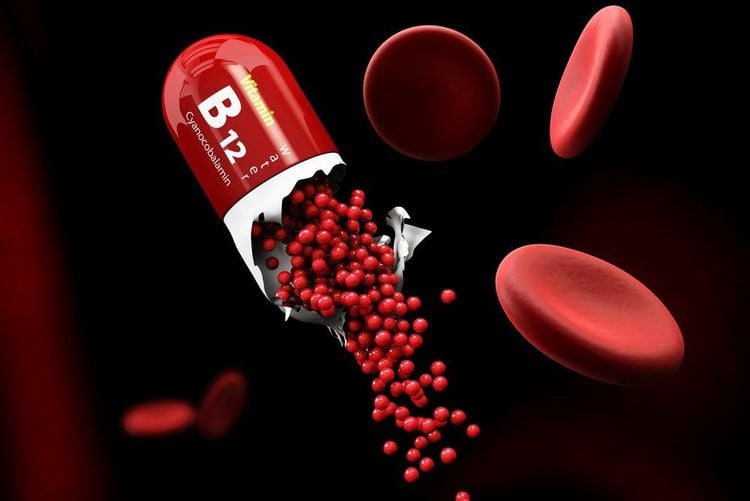
Người bệnh thiếu vitamin B12 cần được xét nghiệm chẩn đoán
6. Some Treatment Options for Vitamin B12 Deficiency
Dietary changes are considered the most effective way to treat vitamin B12 deficiency. If you're not a vegetarian, add egg whites, lean meats, and poultry to your daily meals. In addition, fish is also an excellent source of vitamin B12, so you should try to regularly include fish in your diet.
You can also treat vitamin B12 deficiency by taking them through your doctor's guidance. Sometimes vitamin B12 can interact with certain medications, so your doctor may not recommend them.
Daily breakfast is also very important. You should start your day with low-fat (or fat-free) milk and fortified cereals for vitamin B12. What's more, having breakfast every day also helps you feel more energetic throughout the day.
Vinmec International General Hospital is the address for examination, treatment and prevention of diseases, including Nutrition and Psychology. When performing the examination process at Vinmec, customers will be welcomed and used modern facilities and machinery along with perfect medical services under the guidance and advice of doctors. well-trained doctors, both at home and abroad.
Thanks to good quality and medical services, Vinmec always receives high praise from patients and professionals.
Please dial HOTLINE for more information or register for an appointment HERE. Download MyVinmec app to make appointments faster and to manage your bookings easily.
References: pubmed.ncbi.nlm.nih.gov - healthline.com



